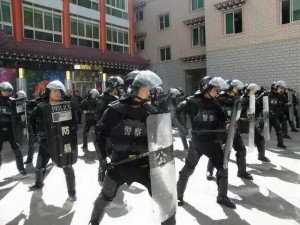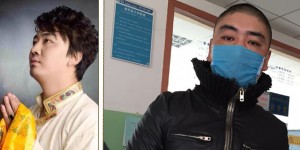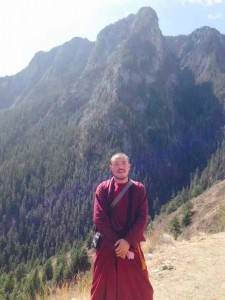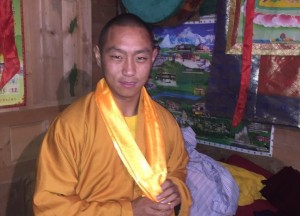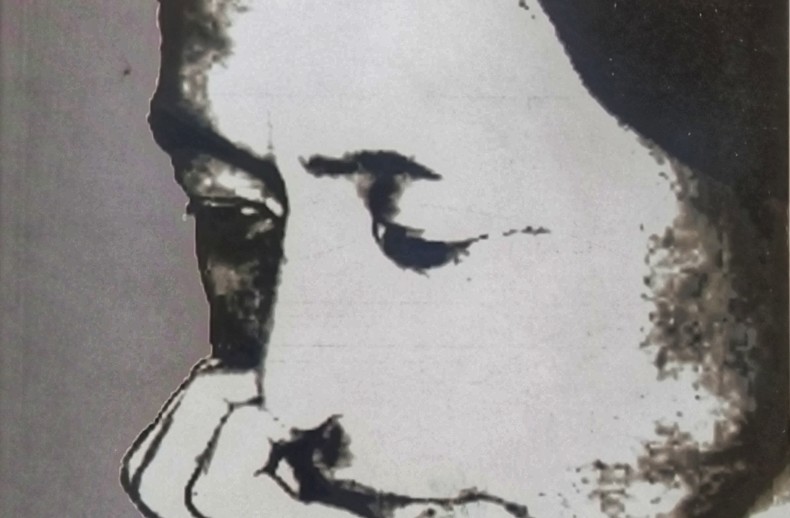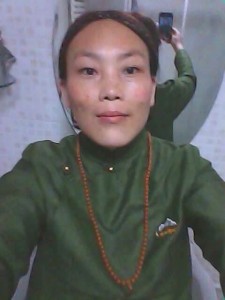
A Tibetan woman set herself on fire and died immediately after in Dokhog (Ch: Daogao) Township in Chone (Ch: Zhuoni) County, Kanlho (Ch: Gannan) Tibetan Autonomous Prefecture, Gansu Province, in the Tibetan province of Amdo.
Sangyal Tso, 36, a mother of two, staged the self-immolation protest at around 4 am (local time) on 27 May, in front of a Chinese government office, which is located near Choephel Shing Tashi Choekorling Monastery in Dokhog Township.
Since the incident occurred early morning, no confirmed information is available on the exact slogans Sangyal Tso shouted during her self-immolation protest. She died instantly after the protest and the police took her body to Tsoe (Ch: Hezuo) city, capital of Kanlho Prefecture.
Police also arrived at the home of Sangyal Tso’s parents who were interrogated and restrictions were placed on their movement. Sources say moments before her self-immolation, Sangyal Tso had communicated on WeChat voice messaging service at about 3.30 am, following which her parents contacted friends and relatives to find out about their daughter’s whereabouts but in vain.

